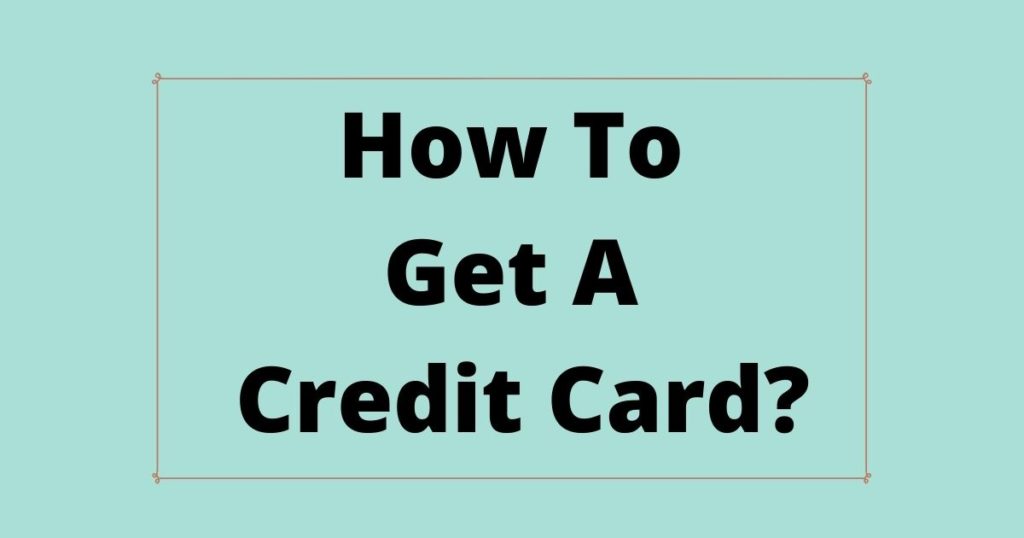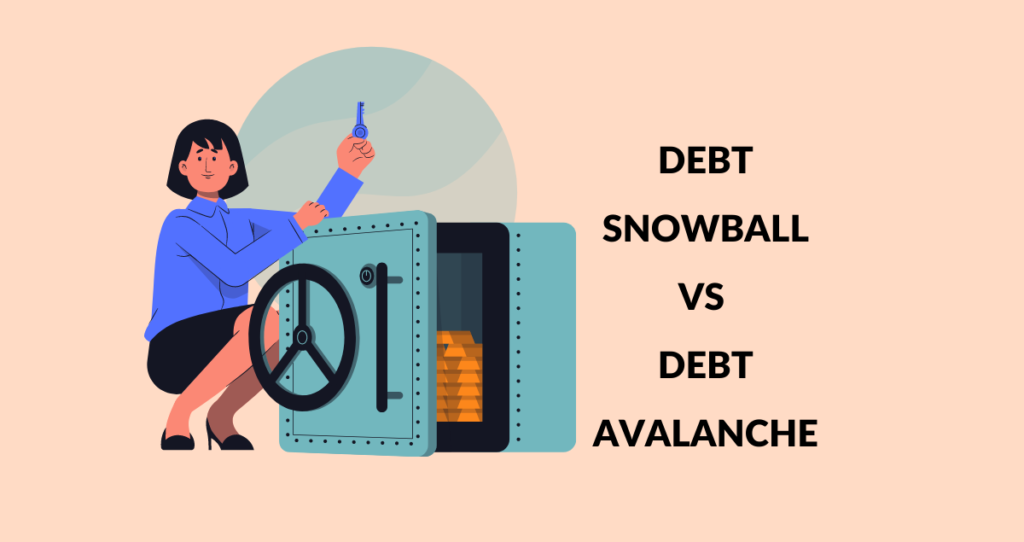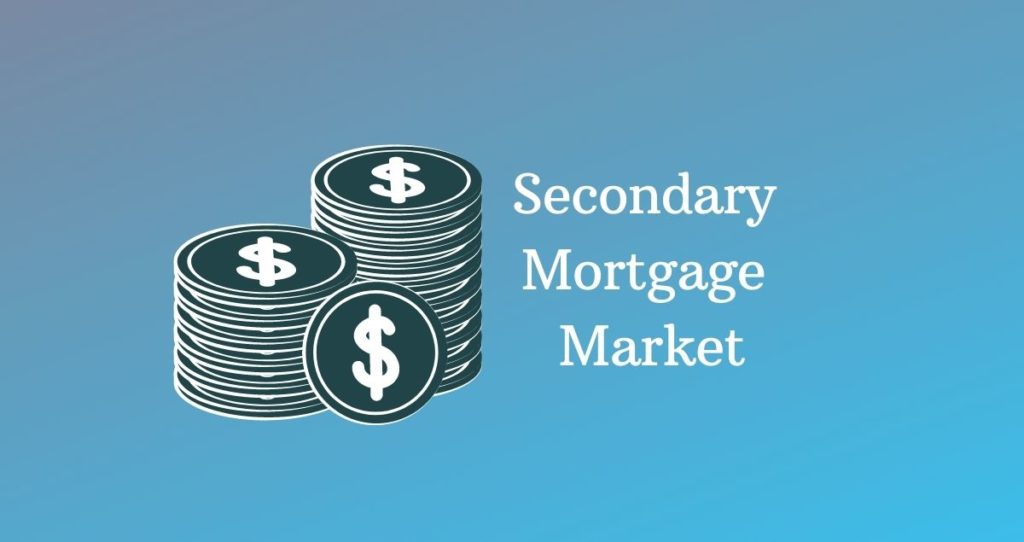The best way to use credit cards is to spend less of your credit limit and pay off your balances in full every month. That is you should never carry a balance on your credit cards unless you don’t have the financial means to pay them in full. Carrying no balance on your credit cards will prevent you from paying interest, fees, and charges. Unless, of course, your credit card comes with an annual fee. In addition, you will never have to worry about credit card debts or financial stress from high credit card balances.
As a borrower, you will benefit nothing from carrying balances on your credit cards. But, the lender has everything to gain. The balance on your credit cards will also affect your credit score. This is because your credit utilization rate is the second and third factor in your FICO score and Vantage Score calculations consecutively.
If you are trying to build a credit history or rebuild bad credit, try to maintain a low utilization ratio. The rule of thumb is to keep your utilization ratio at $0 or as close to $0 as you can.
Most credit card issuers and lenders suggest a credit utilization of under 30%. However, that is still too much utilization given the impact of the utilization ratio on your credit score and your finances. If you can’t pay off all your credit card balances in full, at least keep them close to $0 by the end of each monthly billing cycle. Also, pay at least the minimum monthly payments on time to avoid late payments on your credit reports. You will never regret this decision.
How does carrying a credit card balance affect your credit score?
Your credit utilization is the second factor that affects your credit score(30% of your FICO score and 20% of VantageScore). Any amount you carry on your credit cards gets reported to major credit reporting bureaus(Equifax, TransUnion, and Experian) as your credit utilization ratio.
Your utilization rate is how much you have spent compared to the available credit limit. As your credit utilization goes higher, your credit score goes lower to reflect these changes. That is a higher utilization ratio indicates that you are relying on debt to cover your lifestyle which makes you a risky borrower.
Not only that carrying a balance on your credit cards affect your credit score, but you also increase your chances of getting into credit card debt.
A good rule of thumb is to never carry a balance on your credit cards. In case, you have financial difficulties and fail to pay off your credit card balances in full, keep your utilization as low as possible. Any credit utilization under 10% will be reasonable. Most lenders suggest a credit utilization under 30%.
But, keeping a 30% credit utilization is a financial mistake. First, you are paying interest and charges on that amount. Second, you risk losing a few points on your credit score. Third, your risk of getting into credit card debt goes higher depending on your overall credit limit. Lastly, you end up worrying too much about how to pay off your balances which increases your financial stress.
Is carrying a balance on your credit card a bad idea?
Yes, carrying a balance on your credit card is always a bad idea. By default, you gain nothing from carrying balances on your credit cards. But, you have so much to lose. The following are some of the reasons you should never carry a balance on your credit cards.
- You will benefit nothing. As a borrower, there are no benefits in carrying balances on your credit cards. The only people who benefit when you carry a balance on your credit cards are your credit card issuers. That is they get paid only when you pay them interest, have late fees, charges, balance transfers fees, cash advances fees, etc.
- You might end up in credit card debt. The amount you have spent in relation to your available credit limit becomes your utilization rate. That balance must be paid off in full before the end of each payment cycle to avoid interest and fees. Failing to pay off your balance in full leads to the accumulation of credit card debt. Credit cards come with some of the highest interest rates in the lending industry. In addition, most credit cards come with compounding interest which makes your credit card debt grow at an exponential rate.
- You will pay fees, charges, and interest. Unless your credit cards are in a promotional period, you will pay interest, fees, and charges on the balance you carry in a form of an annual percentage rate(APR). According to the May 2022 data from the Federal Reserve, the average APR across all credit cars was 15.13%. Paying this high interest so that you can go shopping is not a financially sound idea.
- Carrying balances on your credit cards leads to increased financial stress. Financial stress is usually associated with a lack of money to sustain your current or future financial obligation. Due to risks associated with credit card balances and probably on a meager income, you might find it difficult to pay off your credit card balances. As a result, you will have financial worries and stress due to carrying higher credit card balances.
Does carrying a balance on your credit cards improve your credit score?
No. Carrying a balance on your credit card does not help your credit score. Instead, the credit card balance might lower your credit score due to higher credit utilization. Your credit scoring companies do not reward you for carrying balances on your credit cards. Carrying no balance on your credit cards, however, will help your credit score especially when you are trying to rebuild bad credit.
Your credit score is calculated based on your behavior and credit account activities. That is how much you spent compared to the available credit limit, payment history, credit ages, mixtures of your credit accounts, hard inquiries, and derogatory marks are the factors that affect your credit score.
By carrying a large balance on your cards, you end up exhausting your credit limit and increasing your credit utilization. As a result, your credit score will go lower.
The point here is that as a borrower, you gain nothing by carrying a balance on your credit cards. Only the lender benefits when you do not pay your balances in full each month.
Should you carry a small balance on your credit cards every month?
Never carry more than $0 on your credit cards. Paying your balances in full eliminates most of the fees and charges. In addition, you never have to worry about paying interest on your credit card. Paying your credit cards in full every month also prevents you from getting into credit card debt.
In case, you cannot pay the balance on your credit cards in full, you should minimize how much you carry on your credit cards. Carrying less balance on your credit cards leads to lower credit utilization which in turn helps improve your credit score.
Does paying your credit card balance in full each month hurt your credit score?
One misconception about credit scores is that people think paying their credit card balances in full each month will hurt their credit scores. Your credit score has nothing to do with paying in full or not paying in full. Instead, your credit scores are calculated based on your behavior with your credit cards and other credit accounts such as mortgages, car loans, student loans, etc.
Paying your credit card balances in full will not hurt your credit score. Matter of fact, your credit score might go higher when you pay in full due to lower credit card utilization.
Credit scoring models put more weight on your payment history. Which makes your payment history the most important factor on your FICO Score and Vantage Score. Carrying no balance on your cards also shows that you are not relying on debt to finance your lifestyle which helps you boost your credit score.
You don’t need to pay in full to benefit from good payment history. You just need to make successful on-time payments each month. As long as you keep your utilization ratio as close to $0 as you can, your credit score will not be affected that much.







